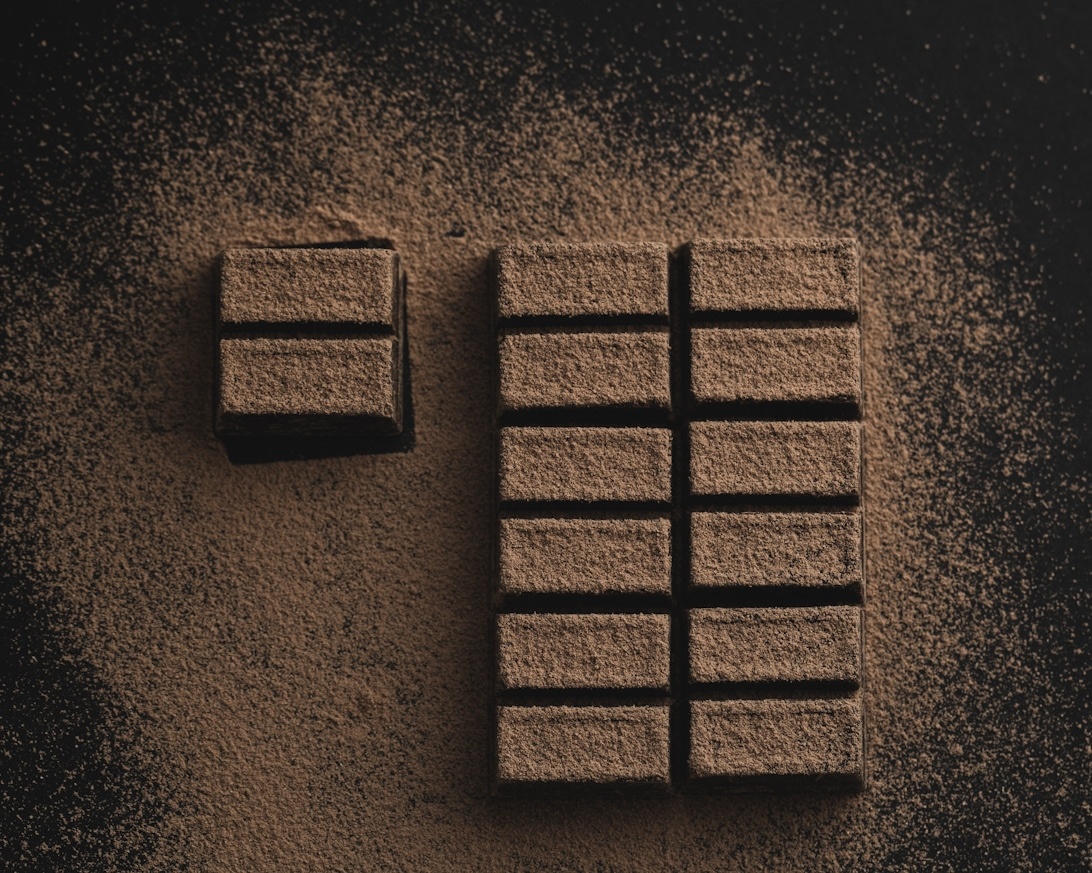The digital confectioner: How technology is reshaping chocolate business operations
The global chocolate industry, a market valued at over $130 billion, is undergoing a profound transformation. While the craft of chocolate making is steeped in tradition, its future is being forged in the crucible of digital innovation. From the cacao farm to the consumer’s palate, modern digital platforms are not merely enhancing existing processes; they are fundamentally redefining what it means to run a chocolate business. This shift moves beyond simple automation to encompass data-driven strategy, unprecedented supply chain transparency, and radical product innovation, offering both artisanal chocolatiers and large-scale manufacturers the tools to build more resilient, efficient, and ethical operations.
Optimizing operations with integrated intelligence
For years, many chocolate businesses, particularly small and medium-sized enterprises, have relied on a patchwork of outdated systems, most notably spreadsheets. This approach often leads to ‘messy data’—siloed, inconsistent, and slow to update, making it nearly impossible to react swiftly to market volatility or shifting consumer demands. The transition to integrated digital platforms marks a pivotal change, turning these data-related obstacles into strategic assets. This transition requires more than just new software; it demands a cultural shift towards seamless internal collaboration. To achieve this, a robust digital infrastructure is essential, and many successful businesses find that a powerful intranet solution from Omnia provides the tools needed for this crucial integration, acting as a central hub for real-time data across all departments. By centralizing information, businesses can unlock powerful predictive analytics, enabling smarter strategic decisions and helping to pinpoint emerging trends before they become mainstream. As detailed in reports on digital supply chain management, this unified view allows companies to manage a diverse portfolio of suppliers with greater agility and build shorter, more transparent supply chains by trading directly with producers.
Innovating the product from bean to bar
Beyond operational efficiency, digital platforms are enabling a complete reimagining of the chocolate product itself. As the traditional cocoa supply chain faces pressure from climate change and ethical concerns, technology is paving the way for groundbreaking alternatives and vastly improved production methods.
Reinventing raw materials for a sustainable future
The urgent need for sustainable raw materials has sparked a wave of innovation, giving rise to cocoa-free and cell-based chocolate. These are not mere substitutes but entirely new categories designed to deliver the rich experience of chocolate without the environmental and ethical baggage. FoodTech collaboration platforms are crucial in charting the future of chocolate by connecting visionary startups with established industry players. For instance, startups like Voyage Foods are creating cocoa-free chocolate from ingredients like grape seeds, while Planet A Foods uses a proprietary fermentation process on oats and sunflower seeds. Meanwhile, companies like Celleste Bio and California Cultured are pioneering cell-based chocolate, growing cacao cells in bioreactors to produce real cocoa compounds without deforestation.
The rise of the smart factory
The chocolate factory of today is rapidly evolving into a ‘smart factory’ where precision and consistency are paramount. The once labor-intensive art of chocolate making is being augmented by robotics, the Internet of Things (IoT), and AI. Smart factories utilize interconnected sensors to meticulously monitor variables like temperature and humidity in real-time, ensuring optimal conditions for every batch. This level of automation is exemplified by companies like Icelandic chocolatier Nói Síríus, which implemented a specialized management system to standardize and digitize its maintenance processes, enhancing equipment reliability. This focus on technology-driven manufacturing success ensures that every product meets exacting quality standards.

Precision manufacturing technology ensures every piece, like these perfectly formed chocolate bars, meets exacting quality standards from cocoa processing to final form.
Unlocking creativity with advanced technology
Technology is also unlocking unprecedented levels of creativity. 3D printing, for example, allows chocolatiers to craft intricate, gravity-defying designs and personalized messages that were previously impossible. This technique not only opens up new markets for bespoke chocolates but also contributes to sustainability by using the exact amount of material needed, minimizing waste. The ability to create custom confections with new technology transforms chocolate into a medium for artistic expression.

Advanced molding and artistic manufacturing techniques, including 3D printing, enable the creation of stunning chocolate sculptures with crystalline formations, once thought impossible.
In parallel, Artificial Intelligence is revolutionizing flavor development. AI algorithms analyze vast datasets of consumer preferences and ingredient pairings to predict successful new flavor profiles. This data-driven approach to creativity accelerates the innovation cycle, leading to novel combinations that resonate with global tastes. The end products, born from this technological precision, are not just consistent but can also be presented with an artistry that reflects their sophisticated origins.

Modern culinary techniques and professional food presentation technology allow for desserts that are as beautiful as they are delicious, often inspired by AI-driven flavor insights.
Building consumer trust through radical transparency
In an era of conscious consumerism, transparency is no longer a luxury but a necessity. Blockchain technology is emerging as a powerful tool to meet this demand by creating an immutable, decentralized ledger for cacao beans. This digital passport tracks their journey from a specific farm through every step of the supply chain to the final bar, offering verifiable proof of sourcing to combat deforestation and unfair labor practices. This level of transparency does more than build consumer trust; it creates a feedback loop that can improve agricultural methods. The financial incentive is also compelling, as adopting top technologies can improve distribution and yield significant savings through better supply chain monitoring. It represents a fundamental shift towards accountability, turning the supply chain into a verifiable asset.
Crafting the future of chocolate one byte at a time
The integration of digital platforms into the chocolate industry is a paradigm shift touching every facet of the business. By transforming data management, innovating raw materials, creating smart factories, and ensuring supply chain transparency, technology is dissolving the boundaries between agriculture, manufacturing, and consumer engagement. The future points towards even greater integration, with concepts like personalized nutrition—where AI recommends chocolate formulations based on an individual’s health data—moving from science fiction to reality. As technology and tradition continue to merge, the very definition of chocolate is expanding. The businesses that thrive will be those that embrace this digital evolution, using it not just to make chocolate more efficiently, but to make it better, smarter, and more meaningful for everyone involved.
